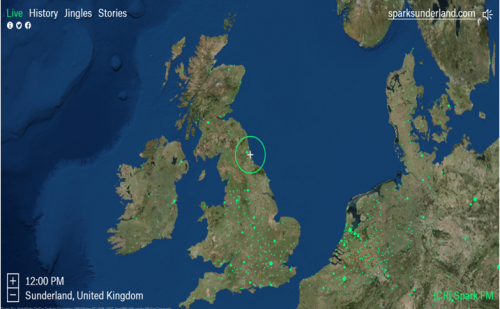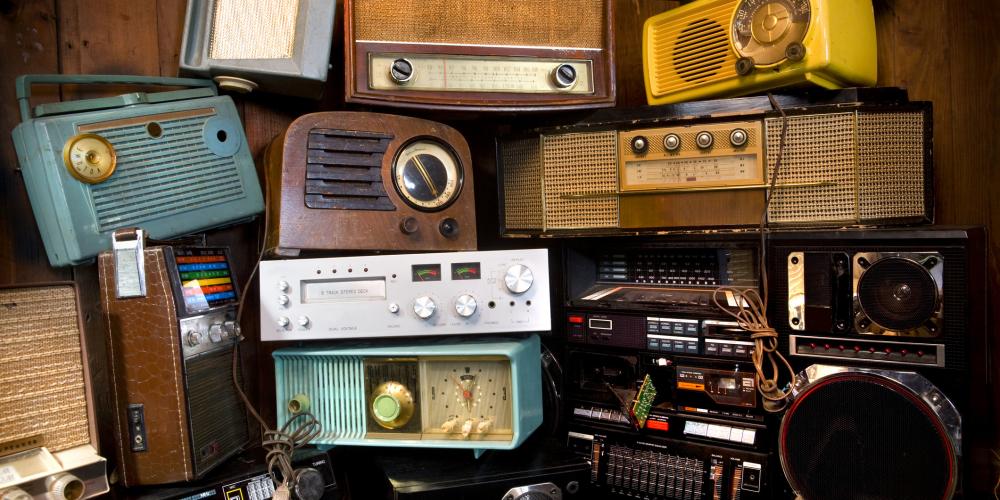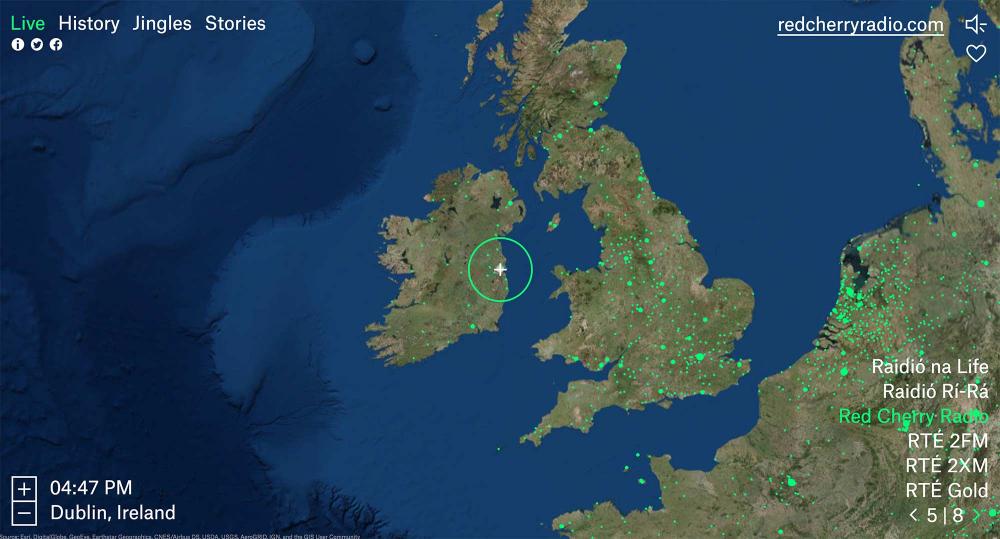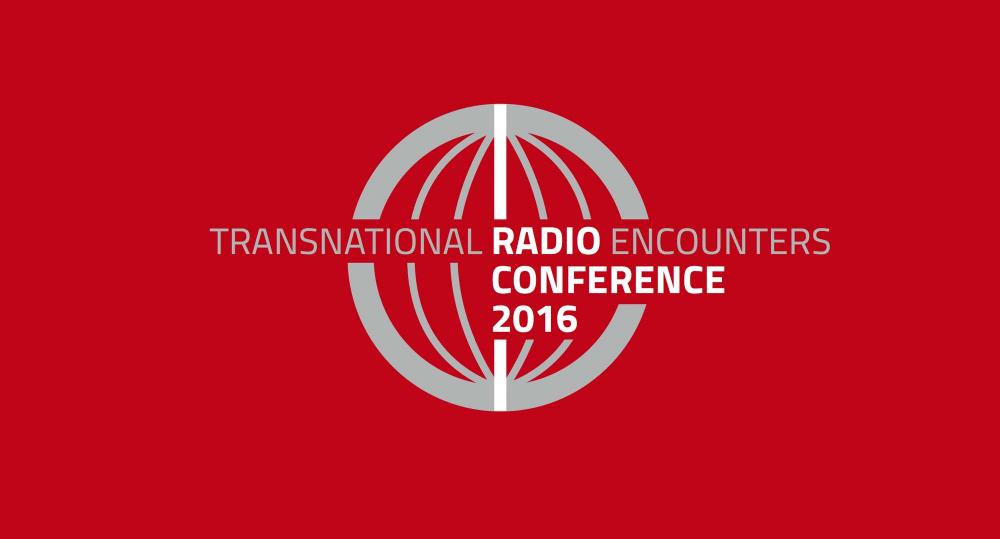
14 February, 2017

This project looked at how radio as a medium that easily crosses national borders has fostered transnational encounters.
Six individual projects examined how radio was shaped in and by transnational arenas. The projects explored how infrastructures, sound aesthetics and archives reflect local identities and influence historical and present attempts to interact transnationally.
TRE aimed to research how radio in history and at present:
The central research question was ‘How are transnational radio encounters structured by aesthetic, infrastructural and archival factors, and what forms of cultural identity and interaction do they support?’
The TRE project involved six international research teams combined with seven associated partners. The research was conducted using a transnational comparative approach. Building on a range of case studies, the researchers explored key moments of technological, political and institutional transition. They also explored the ways in which transnational radio encounters can be reconstructed and represented in the shifting archival environment. They traced the evolution of vital phenomena of transnational radio encounters to explore:
Project Leader
Martin Luther University of Halle-Wittenberg
Germany
Project Leader
Martin Luther University of Halle-Wittenberg
Germany
Utrecht University
Netherlands
Aarhus University
Denmark
University of Copenhagen
Denmark
London Metropolitan University
United Kingdom
University of Sunderland
United Kingdom
Nederlands Instituut voor Beeld en Geluid
Netherlands
Danmarks Radio
Denmark
Deutsches Rundfunkarchiv
Germany
British Broadcasting Corporation (BBC)
United Kingdom
European Broadcasting Union
Switzerland
Deutschlandradio Kultur
Germany
Athena Media
Ireland
The TRE exhibition Radio.Garden was publicly launched in December 2016. The concept is based on a graphic representation of the globe (see illustration below). Users can navigate to any place on a map of the earth and look for different radio phenomena linked to this place: Section 1: radio live streams harvested from a range of reliable directories; Section 2: recordings of historical events relating to radio’s transnationality; Section 3: comparative descriptions of radio jingles as auditive expressions of individual and national radio identities; Section 4: personal stories/oral history clips on the transnationality of radio. To date, the page has had over 52 million visits.

This conference explored the way radio shapes transnational public spheres, in support or subversion of existing infrastructures and media ecologies; transnational perspectives on radio aesthetics and identities; and ways in which new forms of digital radio and archives can help to shape or resurrect transnational communities of memory.


14 February, 2017